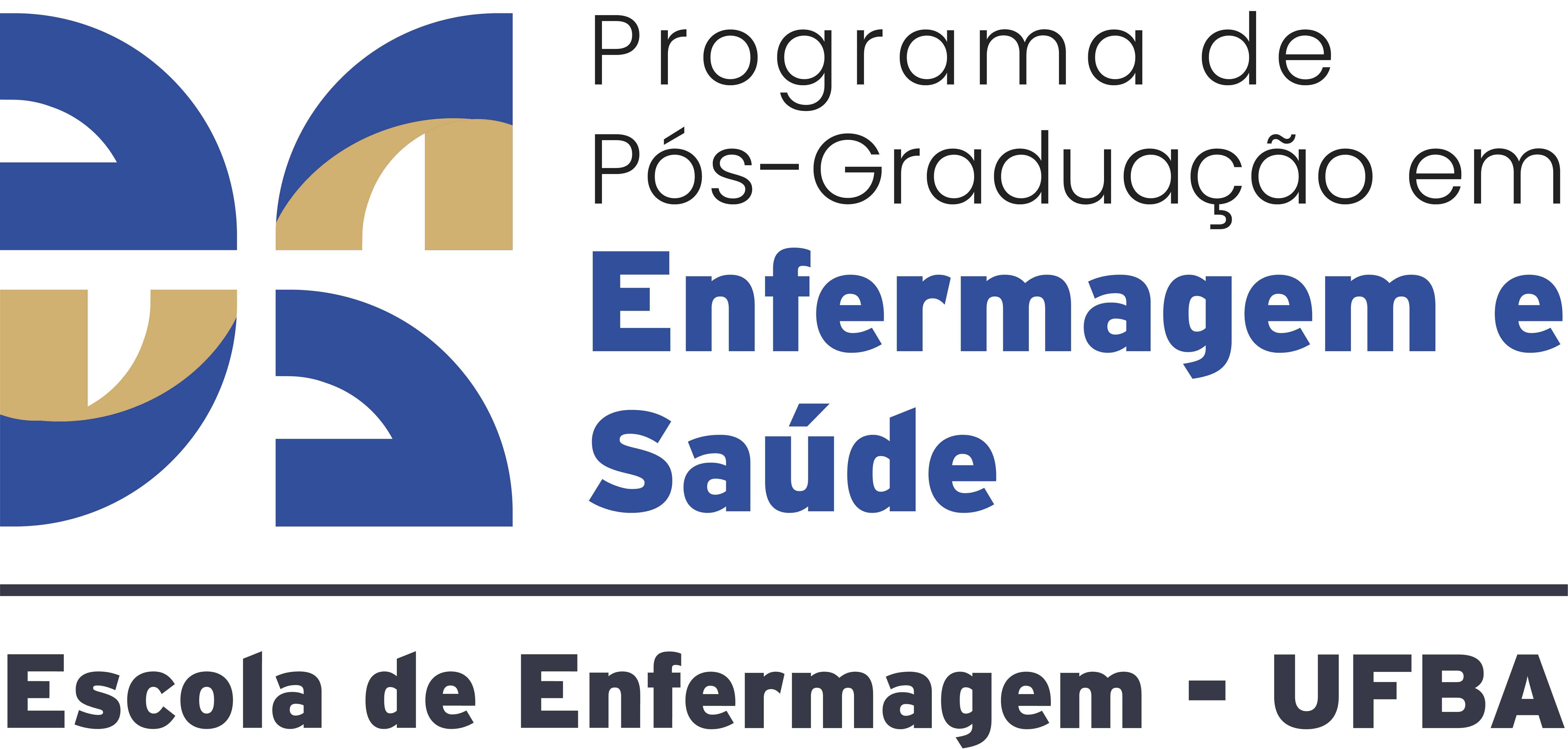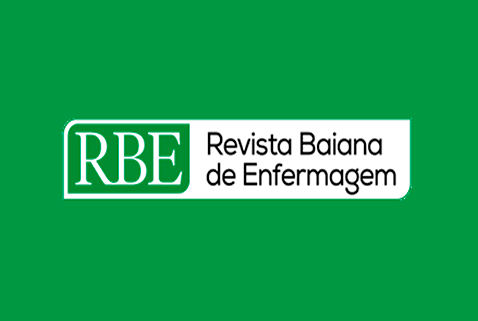The Ministry of Education and Culture and the Coordination for the Improvement of Higher Education Personnel (CAPES) with the Department of University Affairs (DAU) in the 70s promoted meetings to advise working groups to identify, in the Nursing School, the conditions to start a Master Course in the Northeast region. After meeting with representatives of the Nursing Schools of Ceará, Pernambuco, Paraíba, Rio Grande do Norte and Bahia, it was recognized that the Nursing School of the Federal University of Bahia (EEUFBA) presented favorable conditions for the creation of a Master course, with a sufficient number of professors with PhD degree, and with a proposal that met the requirements for its creation.
On 06/11/1978, the Postgraduate Chamber of the Federal University of Bahia approved the creation of the Master Course in Nursing at the EEUFBA through Resolution 03/1978 of the UFBA Coordination Council. The course was created to meet the priorities of the country's Health and Education Policies and to meet the demand for training teaching personnel in the North and Northeast regions.
In January 1979, the School installed the first Masters Course in Nursing in the Northeast region under management of the director PhD Professor Clara Wolfovith, with one concentration area: Medical-Surgical Nursing. The choice was justified not only by the demand of the health sector, but, above all, by the experience acquired and consolidated in the Specialization Course in Medical-Surgical Nursing in the form of Residence. In 1990, another concentration area was created: Nursing in the health care of women and children, in order to meet the demands of research in this area. In 1981, the Internal Regulation of the Master Course was drawn up and the accreditation process was sent to the Federal Council of Education in accordance with Resolution nº 94181, of August 26. In that same year, CAPES carried out the first evaluation of the EEUFBA Master Course, granting to the course the "A" concept, which was maintained in subsequent years. On March 9, 1983, the course was accredited by the Federal Council of Education for a period of five years.
In 1987, the first EEUFBA Research Groups were registered in the Directory of the National Council for Scientific and Technological Development. Since the implementation of the Master course, there has been a gradual increase in the flow of students going from approximately 3 academic tittles per year until 1989, to an average of 4.0 in the following decade.
From the late 1980s and early 1990s, the Graduate Program in Nursing of the Federal University of Bahia (PPGENF/UFBA) was restructuring actions, the last one being held in 2003 with the creation of a unified concentration area named "Gender, Care and Administration in Health", composed of 3 research lines: "Women, Gender and Health", "Nursing Care in the Human Development Process" and "Organization and Evaluation of Health Care Systems".
In the 1990s, EEUFBA leaders invested in the qualification of their faculty, enabling them to go to doctoral courses outside the State and the country, such as the USP-SP School of Nursing (EEUSP/SP), Nursing School of USP in Ribeirão Preto (EEUSP/RP), Nursing School of Federal University of Rio de Janeiro(UFRJ), Nursing Department of Federal University of Santa Catarina (UFSC), Department of Nursing, Federal University of Ceará (UFC), University of Paris and University of Tokyo.
At the beginning of 2000, there was an increase in international exchange projects involving countries in Europe (Spain, Portugal, and France), the United States, Latin America and Japan. Among others, the International Seminar on Education and Health in the Brazil/Spain/Colombia International Cooperation framework , with the participation of 10 teachers from Spain, one teacher from Colombia and teachers from other Brazilian states.
The restructuring carried out gave a new impetus to the Program, with a reflection on an increased flow of students, so that a total of 93 academic tittles was obtained within 5 years (2000 - 2004), corresponding to the average of 18.6 per year, surpassing all cumulative production of previous decades.
In May 2003, four professors from the EEUFBA, one faculty member from the Feira de Santana State University and one from the University of São Paulo visited Spain through a integration project bewteen EEUFBA/Spanish Universities (Cantabria and Madrid) financed by the Agency Of International Cooperation (AECI).
During this period, several programs were created in the UFBA in partnership with CAPES, namely: Program of Support to Institutional Projects, with the participation of recent PhD professionals (PRODOC) and Institutional Qualification Program (IQP). The School was granted of institutional projects within these programs. The implementation of the IQP started with the titling of three PhD professionals and the accomplishment of a work assignment in partnertship with the UFRJ and UFSC. Besides them, teachers of the School participated in the Scientific Development Support Program of CNPq and the of Foundation for Research Support of the State of Bahia (FAPESB), expanding the number of scholarships for teachers and students.
The qualification of the teaching staff in the Program, with a consequent increase in their production and supervising skills, made it possible to offer a master class outside the UFBA, at the State University of Santa Cruz/Ilhéus/Itabuna. This class was started in 2001 and was a precursor of the moderns Minter/CAPES. The demand for teachers for postdoctoral training has been constant in this Program in the last five years.
Since the implementation of the Master course, there has been a gradual increase in the flow of students which has reached an average of 20 in the current decade, in the Master course, and 6 in the PhD course, which started in 2006. In the 2010-2012 triennium, 56 master theses and 13 PhD theses were presented. In the current quadrennium, 2013-2016, 90 master theses and 30 PhD theses were presented.
CREATION OF THE PhD COURSE
In the 1980s, the PPGENF made efforts to create a PhD course, initially in a cooperative manner. However, the articulation with other universities in the Northeast, and the proposal to create an interstate and interinstitutional PhD course was not successful.
In the three-year evaluation of 2004 by CAPES, the EEUFBA Graduate Program in Nursing was assigned the level 4, thus meeting the requirements for creation of a PhD Course. The proposal, the “Proposal for creation of a PhD course”, was sent by the coordination of the Program to the CAPES in 2005 and it was approved in the same year. Further adjustments in the curricular structure of the Program were necessary, with an increase in the subjects and activities inherent to training at that level, however without changing the concentration area and the existing research lines, which are valid up to the present time. The course was created on December 5, 2005, and the first class began in March 2006, with 10 students enrolled.
The creation of the PhD course responds to the need to train qualified teaching staff and expand the knowledge in the area, as well as points to the relevant social role that nursing plays in the health system of Brazil and Bahia.
The PhD Nursing Course at the UFBA was the second in the Northeast region and the first in Bahia. It has brought an important contribution to the training of researchers in the nursing area in Bahia and other regions of the country. By the end of 2016, of a total of 53 PhD professionals, since the creation of the PhD course, 92.45% belong to the staff of the hospitals and, mainly, State public universities.
In line with the National Postgraduate Plan (PNPG), 2011-2020, the PPGENF/UFBA has sought to meet the need to qualify nurses and other health professionals from the state and the North/Northeast regions, offering since 2016.1 a selective process also for other professional categories of the health area.
Aiming to become more competitive and meet the demands of professional training of the state and the North/Northeast region, since the selection process of 2016.1, the Program has been opened to other professional categories in the health area. Since then, a restructuring process of the Program has been under way to meet the qualification at the Master or PhD level of other professionals, without losing its identity with Nursing. In addition, the selection process was updated with electronic registration and part of the selection process of candidates (Online) through the for Registration and Selection System of Postgraduate Candidates/UFBA (SIPÓS).
In this sense, in 2018, the name of the Postgraduate Program changed to Postgraduate Program in Nursing and Health.
The PPGENF/UFBA has contributed to the expansion of knowledge in the health and nursing area through national and international studies which, within their concentration area and research lines, are focused on care, education, management and use of gender and ethnic-racial approaches, leveling it to a level inherent in quality postgraduate studies.
It is also worth mentioning the efforts of the PPGENF/UFBA to increase the scientific production in line with the guidelines established by national and international funding agencies in health research, as well as to establishing partnerships with researchers linked to excellence international centers and encouraging impactful development and entrepreneurship actions in the advancement of nursing practice.
Articulation between the PPG and the health services of the region, place of insertion of teachers and students.
In adherence to the research lines in which they are inserted, teachers and students promote integration with the health network through School agreements and develop activities in health services, including social assistance and education. In these services, they perform activities of Teaching Internship, Community Curricular Activity (CCA), Tutorial Education Programs (PET), and outreach projects that also generate empirical material for research. In the latter activity, integration also occurs with municipalities of Bahia and other states of the Northeast/North regions.
In the public network, they develop activities in primary health care services, especially in the Family Health Strategy, linked to the Health Department of Municipalities, the Prof. Edgar Santos University Hospital (HUPES), the Prof. Jorge Novis School of Technical Training in Health, the Quilombola Community in Ilha de Maré - BA, the Best Home Program, the Long Term Care Institution for the Elderly (D. Pedro II), Roberto Santos General Hospital, the Municipal Health Department , Dom Avelar Brandácio Vilela State School, the Antiveneno Information Center/Center for Study and Prevention of Suicide, the Central Ambulatory of Reference of the Program for Control of Asthma in Bahia (ProAR), the Climério de Oliveira Maternity, the Municipal Health Department of Salvador (Microcephaly) and the Street Medical Office Program.
Students at different levels of training, of undergraduate, master and PhD level, and teachers interact with the reality of users, professionals and managers of the health care network in line with the proposals of outreach and research projects in which they share in order to collaborate to the implementation of public policies in care, training and management. The insertion through research, teaching and outreach activities is, therefore, an opportunity to exchange experiences and build knowledge, strengthening the thematic areas to which teachers and students are dedicated in their respective research lines and in different local and regional realities. The training of masters and PhD candidates is necessarily articulated to transformative perspectives of practices that require intersectoral research and analysis categories of realities such as gender, class, race, care provision and management.




